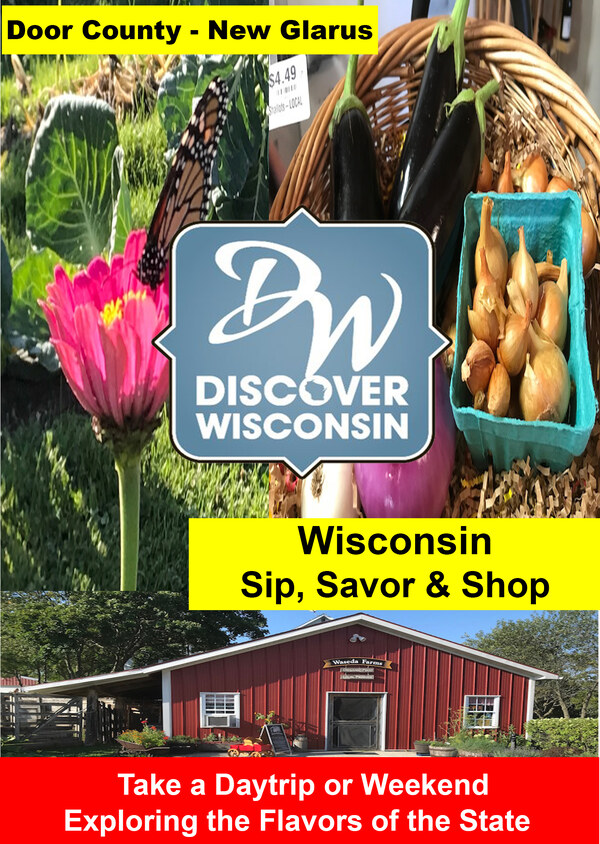"We abuse the land because we regard it as a commodity belonging to us. When we see land as a community to which we belong, we may begin to use it with love and respect." -Aldo Leopold, A Sand county Almanac. We're getting back to nature in this episode of Discover Wisconsin, and we start at a foundation in Baraboo committed to bringing the environment back to it's natural roots. Founded by Aldo Leopold's five children in 1982, The Aldo Leopold Foundation is a conservation organization that works to inspire an ethical relationship between people and nature, and continues to foster this land ethic through the legacy of Aldo Leopold. We get to be a part of just a small number of the many great programs they have at the foundation; including their Learn-to-Hunt programs and an introduction to their Prescribed Burn trainings. Host Mariah Haberman takes a walk through the grounds with Leopold fellow, conservation biologist, historian, and writer Curt Meine, who gives some key insight into Leopold's work and his final day of protecting the land. And before we leave Baraboo, Mariah goes for a ride out to the foundation's blind to see the annual Sandhill Crane migration. Nothing gets you out and into nature like hunting in Wisconsin. The Discover Wisconsin crew goes hunting with a range of hunters who each give their perspective on why they hunt. From deep rooted family traditions and love for venison, to population control and wanting to know exactly where your meat came from, there's a lot to learn when it comes to the benefits of hunting. The Wisconsin Department of Natural Resources offers many excellent programs to teach, instruct and get more people hunting all over the state, as well as cooking up delicious meals. Mariah heads back to Baraboo one last time for a DNR sponsored instructional on how to cook the meat once you've harvested it, lead by R3 Coordinator, hunter, writer and cook, John Motoviloff. When was the last time you took a moment to appreciate your environment in this great state? Well we'll be giving you more ways than one, as we get back to nature.
 Please wait...
Please wait...





